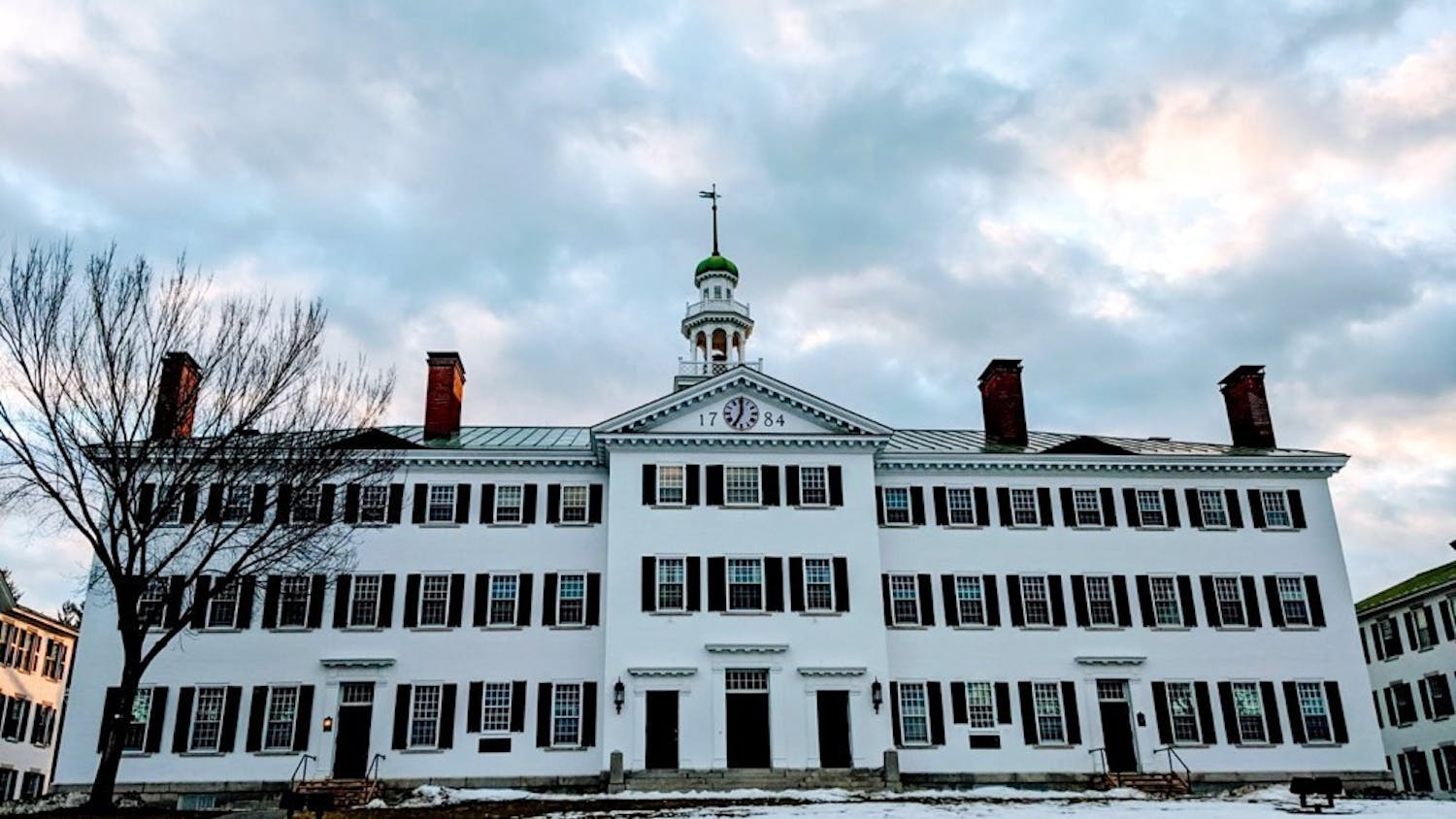In order to help accommodate the approximately 140 students still on the waiting list for Fall term housing, the Office of Residential Life is planning to construct temporary "small houses" in various locations around campus, according to Dean of Residential Life Martin Redman.
Last night the Hanover Planning Board approved the construction and assembly of up to six modular two-story houses, which could hold up to 15 students each, according to Director of Facilities Planning Reed Bergwall.
If the Hanover Zoning Board approves the plans at their meeting tomorrow, and the rest of the necessary permits are obtained, the project can continue.
The houses will consist of four factory-built pieces constructed by a company in Clairmont, New Hampshire, and a local company named Energy Shield will assemble them on campus, Bergwall reported.
Although the units have yet to be built, "[they] will be delivered and installed starting between August 15th and the beginning of school," Bergwall added.
The houses will only be used for the next five to 10 years according to Redman.
"These are not 90-year sort of residence halls," Redman said. And with plans in the works for two new residence halls to be built within the next five years -- one on Tuck Drive and another on Maynard St. -- the temporary structures would merely serve as a "very short-term" solution to the current housing crunch.
Redman said he estimates that up to 85 students could be housed in these alternative living spaces.
Typically, due to D-plan changes and deferrals, ORL sees an attrition of 20 to 25 students between this time in the summer and when Fall term begins. However, even with student attrition and the additional housing, it remains possible that some students will be without on-campus residences.
Because the College guarantees housing to its first-year, transfer and international students, these structures would be offered exclusively to upperclassmen.
With only seven weeks until the commencement of the next academic year at the College, Redman said that ORL will have to move "pretty expeditiously" in the coming weeks.
The College has the flexibility to divide up the six units among three different locations on campus. The Hanover Planning Board approved a site in proximity to the River Cluster, another near the parking lot on Maynard St. and a third at 43 North College St., Bergwall said.
The North College St. location once housed the no longer existent Delta Gamma sorority, which was shut down in 1998 due to mercury deposits in its basement, but Redman assured that "there's no hazard left" at the site.
According to Redman, every effort would be made to blend the students housed at these temporary sites into the current residential life system. Students at the River location would become part of the River Cluster itself, while students at the other locations would receive their own undergraduate advisers.
Although this is the first time in recent years the College has had to turn to such drastic temporary solutions, housing crunches are not new to ORL.
The number of students on this year's housing wait list is very comparable to last year's, Redman explained. However, the composition of the still-homeless group is quite different.
Due to a greater than expected yield of incoming freshman in the Class of 2005, more upperclassmen are finding themselves without housing than in the past.
Last year, nearly 400 disgruntled students on the waiting list for housing signed an online petition urging the College to guarantee housing to all students. According to Redman, the College's master plan is "designed to come very close, if not to do exactly that" within the next few years.
However, he stressed that ORL's historical and survey data demonstrate that approximately 10 percent of the student population prefers to live off-campus each year.
"If our numbers are right, then in some sense we are guaranteeing housing, because we are creating enough on-campus housing to meet the demand," he said.
The majority of candidates on last year's waiting list eventually found on- or off-campus housing.



